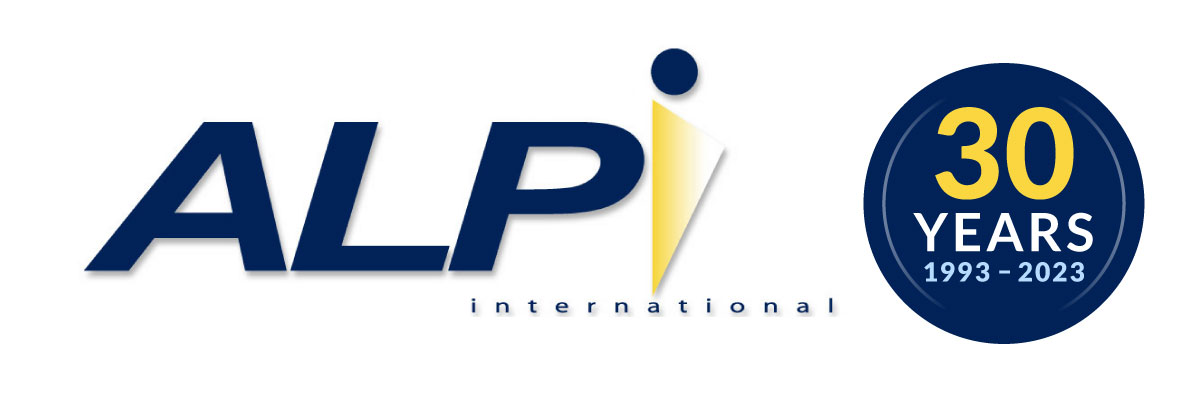UFT Training—Advanced Framework Development Workshop
Course Description
Why choose ALPI for a UFT Framework workshop training?- We use certified live instructors in both our in-person and virtual classes so you can ask questions and get answers right away.
- We focus on real-world examples.
- We teach using interactive, hands-on exercises.
- This ALPI course is eligible for a free refresher guarantee so you can re-take the course within 4 months at no additional charge. Contact us for information about this unique benefit that gives you peace of mind.
This workshop is designed to teach participants how to begin the process of building an automated framework using Unified Functional Testing (UFT).
Duration
3 day(s)Time
9 - 5 ETPrice
$2,205Labs
This workshop is offered as a series of hands-on “projects” that require participants to understand, design, and implement components of an automated testing framework.
Intended Audience
The target audience for this course includes:- Automated testers
- Automated developers
Prerequisites
Unified Functional Testing Training - GUI Foundations (UFT) is a required course prerequisite for this workshop: Click here for course information and registrationA background in programming and/or scripting and 1 year of experience using UFT and VBScript.
Outline
WORKSHOP OUTLINE:DAY 1:
Introduction to Automated Frameworks
- Why use them?
- Who needs them?
- Pros & Cons
- High-level framework structure
- Framework components
- Application Run Status
- Authentication
- Custom pre-test navigation/validation
- Validation synchronization vs navigation synchronization
- Handling AJAX Calls
- Handling HTML Dialogs
- What is synchronization?
- When is synchronization needed?
- What types of synchronization exist?
- Implementing synchronization
DAY 2:
Understanding Objects
- Object types
- Object identification
- Object interaction
- Object virtualization
- Methods for Input/Selection
- Dynamic method selection
- Custom method creation
- Methods for Data/Attribute validation
- Dynamic method selection
- Custom method creation
- Getting around an application
- What types of navigation exist?
- Implementing navigation
- Using Classes to pass large sets of data for navigation and validation
- Physical vs Event playback
- Maximizing script reusability
- Control structures
- PreDataDriven Test Design
- Easily transition to fully data driven and back again
- How to create test scripts to for data driving without having a data source.
- Database containers
- Data generators
- Using the Test Context for passing data
- How to architect a keyword framework
- Developing a maintainable solution
- Understanding the difference between low-level and business-level keywords
- Involving the rest of the test team in the automated, keyword process
DAY 3:
Function Libraries
- Maximizing reuse
- Extensibility
- Audit & logs
- Playback Errors (Navigation and/or Validation)
- UnExpected dialogs
- HTTP Server Errors
Test Results / Data Exporting
- Identifying execution results
- Analyzing execution data
- Creating a working framework
- Facilitating maintainability
- Data abstraction
- Function reusability
- Function optimization
- Securing framework code
